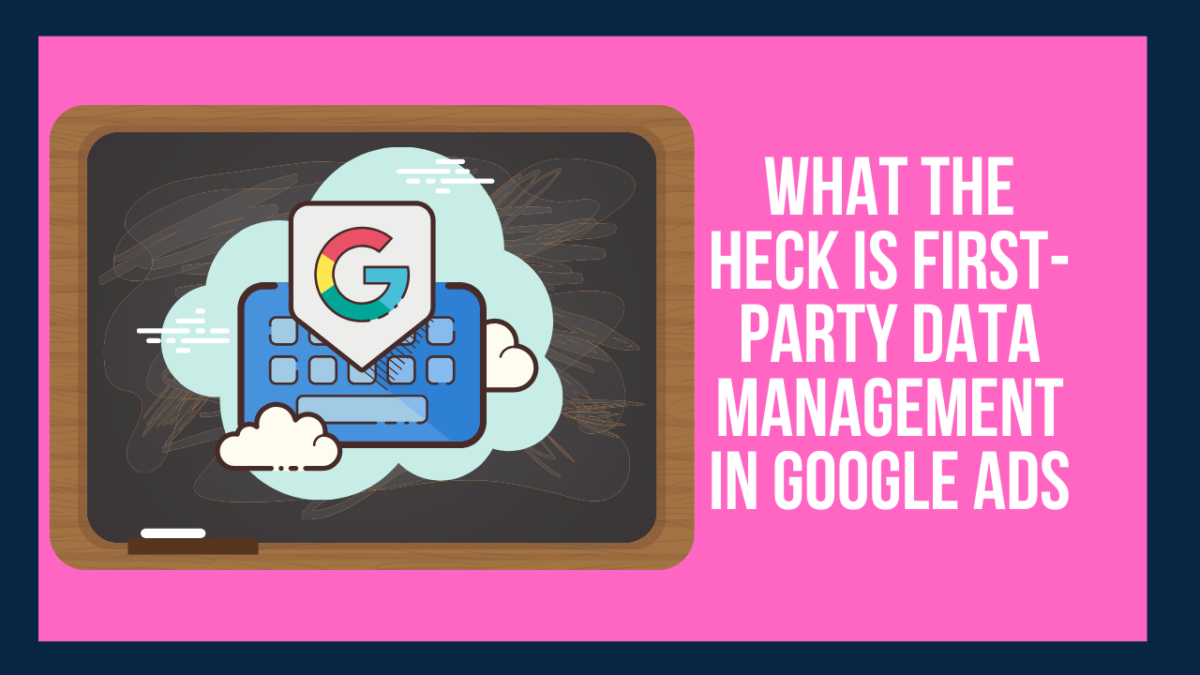In today’s digital age, data is king. Businesses rely heavily on customer data to drive their marketing decisions and create personalized experiences. However, managing this data can often be a complex and time-consuming task. That’s where Google Ads Data Manager comes in.
Google Ads Data Manager is a powerful tool introduced by Google that aims to simplify first-party data management for marketers. With its user-friendly interface and robust features, it empowers businesses to effectively collect, organize, and activate their first-party data, all within the Google Ads platform.
What is First-Party Data?
First-party data refers to the information collected directly from your customers or website visitors. This data is valuable as it provides insights into customer behavior, preferences, and interactions with your brand. Examples of first-party data include email addresses, purchase history, website activity, and more.
Streamlined Data Collection
Collecting first-party data can be challenging, especially when it involves multiple touchpoints and platforms. However, Google Ads Data Manager simplifies this process by seamlessly integrating with various data sources. It allows you to gather data from websites, mobile apps, and CRM systems, all in one centralized location.
By leveraging Google Tag Manager, you can easily deploy tracking codes and tags across your digital assets, enabling you to capture valuable data points. This streamlined data collection process ensures that no important customer information slips through the cracks.
Customizable Data Organization
Once the data is collected, organizing and segmenting it becomes crucial for effective targeting and personalization. Google Ads Data Manager enables you to create custom data schemas, allowing you to structure your data in a way that aligns with your business objectives.
You can define variables, such as customer segments, purchase categories, or engagement levels, and apply them to your data. This flexibility ensures that you can tailor your data organization to suit your specific marketing strategies and goals.
Audience Activation
One of the key benefits of Google Ads Data Manager is its ability to activate your first-party data effectively. By integrating with Google Ads, you can leverage your collected data to create highly targeted audience lists. These lists can be used for remarketing campaigns, customer acquisition, or even audience expansion.
Moreover, Data Manager allows you to combine your first-party data with Google’s own powerful targeting capabilities. This integration unlocks new opportunities for reaching a wider audience while maintaining relevance and precision.
Enhanced Privacy and Compliance
In an era where privacy regulations are becoming increasingly stringent, data management must prioritize user privacy and compliance. Google Ads Data Manager places great emphasis on data protection and privacy measures.
By integrating with Google Consent Mode and Google Privacy Sandbox, Data Manager ensures that user consent preferences are respected and adhered to. This commitment to privacy compliance builds trust with your customers and demonstrates your dedication to responsible data handling.
Conclusion
In a digital landscape driven by data, managing first-party data effectively is crucial for marketing success. Google Ads Data Manager offers marketers a robust solution to simplify the collection, organization, and activation of first-party data within the Google Ads platform.
With its streamlined data collection process, customizable organization capabilities, audience activation features, and enhanced privacy measures, Google Ads Data Manager empowers businesses to make informed marketing decisions and deliver personalized experiences to their customers.
So if you’re looking to take your first-party data management to the next level, give Google Ads Data Manager a try and unlock the true potential of your data-driven marketing strategies.

